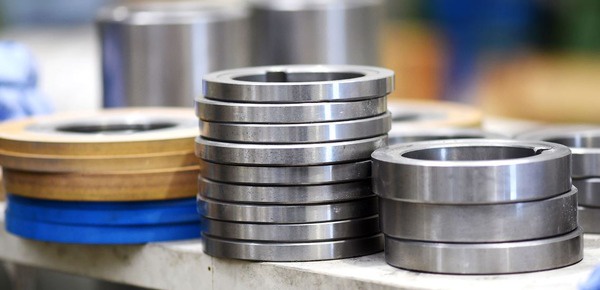Continue reading to find out the 5 major materials that the specialty bolts are manufactured in.
What are specialty bolts?
Specially designed bolts that are necessary in order to connect the two objects together so as to maintain strength within the system are known as specialty bolts. These are designed based upon the needs of the manufacturer or the individual who will be using them. One can select the range of durability and machinability within these bolts to call them the best for usage.
What are the materials used for manufacturing specialty bolts?
STAINLESS STEEL - one can consider this material in the manufacturing of specialty boards when the system is to be exposed to the outer environment. Stainless steel will make sure that the connected objects remain connected with no damage because of the bolt. This is because of the resistance offered by this material to corrosion. The use of stainless steel will make sure that you are imparting a longer life to your machine. They are recyclable. One of the major advantages for which you should consider this type of material for manufacturing these specialty bolts is its environmentally friendly nature. One can consider these recyclable items as connectors as they are able to bear extreme heat and cold. The resistance to high heat will make sure that it imparts strength to the system. One can consider these types of materials within the manufacturing of bolts in order to strengthen the system and prevent regular maintenance.
ALUMINUM - These specialty bolts are to be used in places where the manufacturer of a machine is willing to reduce the weight. The strength can be maintained without the bolts and screws being heavy. If you are willing to consider the strong weight and the strength ratio, then aluminum is the material that you need to use. As for the industry standard, it has one of the best strengths according to the minimum weight. This is in comparison with the other materials available for the manufacturing of bolts and nuts. These bolts are specifically used in the manufacturing of cars and aerospace machines.
COPPER - one of the major advantages of considering copper-based specialty bolts is low resistivity. The electric conductivity of these materials is high. One can consider making different types of shapes and threads when mixing copper as a material for the manufacturing of bolts. Copper is ideal when it comes to heat exchange between systems. It is known for bearing high heat. The capacity of the copper made bolts will make sure that the objects in connection are connected properly.
BRASS - one of the advantages of using brass made specialty bolts is the tendency of this material to not become brittle when the temperature is low. One can consider using brass as screws and bolts in order to fix the parts of a machine together. This material is known to have a low coefficient of friction. This means that the bolts will not spark when they come in contact with other metals.
NICKEL ALLOY AND TITANIUM - keeping the surface shiny and full of strength is a must. Manufacturing of nickel alloy specialty bolts would maintain the brightness of the connectors for a longer duration. If you are willing to consider the strength to weight ratio, then the use of titanium will help you reduce the cost. One can connect parts of a system where they require more conductivity using these materials like bolts and nuts.
Conclusion
Different materials have been highlighted for the manufacturing of specialty bolts in this post.


No comments yet